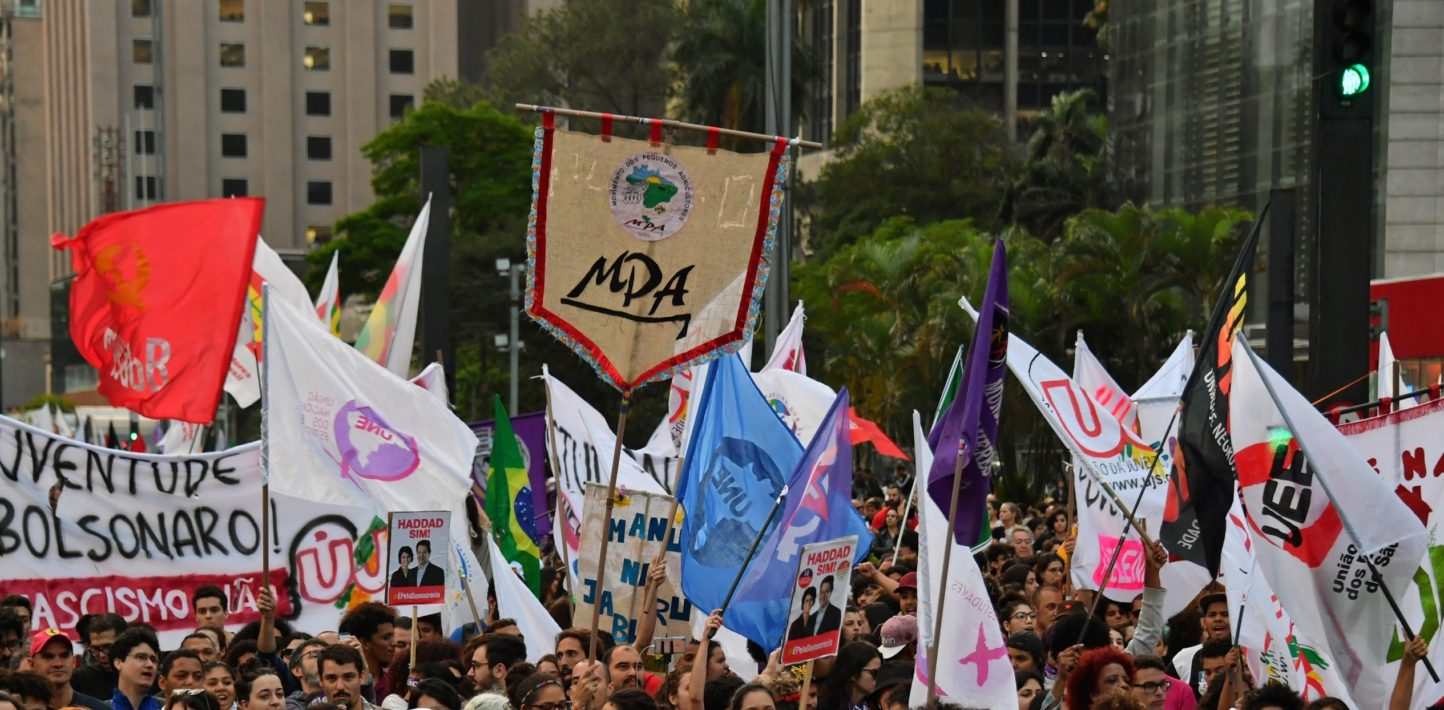The Kyrgyzstani authorities seem unwilling or unable to investigate allegations of collusion or complicity of security forces in the commission of human rights violations against civilians during four days of violence between ethnic Kyrgyz and ethnic Uzbeks in the south of the country in June 2010 Amnesty International said in a briefing published today. Hundreds died, thousands were injured and hundreds of thousands displaced in June 2010. “There are wounds that time will not heal. Truth, accountability and justice are the only tools that will mend the bridges between the two ethnic communities,” said Maisy Weicherding, Amnesty International’s expert on Kyrgyzstan. “Crimes against humanity, which have included torture, rape and murder of civilians have been left unpunished. Whatever investigations were undertaken, have been one-sided, trials have fallen short of international standards of fairness.” Amnesty International’s briefing, Kyrgyzstan: Dereliction of duty, outlines the failure of the Kyrgyzstani authorities to fairly and effectively investigate the June 2010 violence and its aftermath and provide justice for the thousands of victims of the serious crimes and human rights violations and calls on the international community to provide the authorities of the country with technical and financial support. In June two years ago members of both the Kyrgyz and Uzbek ethnic groups were involved in killings, looting and rampaging in the southern towns of Osh and Jalal-Abad, however, the majority of the damage, injuries and deaths were suffered by ethnic Uzbeks. Under international pressure, the government and former president mandated an Independent International Commission of inquiry into the events, however, in May 2011 the authorities rejected its findings that there was strong evidence that crimes against humanity had been committed against ethnic Uzbeks in the city of Osh. To date no investigations and prosecutions of any crimes against humanity have been initiated. Two years on from the June 2010 violence, torture and other ill-treatment, including beatings, by law enforcement officers appear to continue to be routine: in the street during apprehension, during house searches, during transfer to detention centres, during initial interrogation and in pre-charge detention facilities. While investigating crimes police officers continue to target Uzbek neighbourhoods and Uzbeks, threatening to charge them with serious criminal offences, such as murder and violent mass disturbances, in relation to the June 2010 events in order to extort money from them. Human rights organizations have documented dozens of cases of rape and other sexual violence of both Uzbek and Kyrgyz women and girls. There were also isolated cases of boys and men being raped, however, in the two years since the June 2010 events there has been little progress in investigating them. Presumption of innocence is absent in trials, including appeal hearings at all levels up to the Supreme Court while the judiciary is under enormous political pressure to convict those identified as alleged perpetrators in the officially-endorsed and ethnically-biased narratives of the June 2010 violence. According to the Osh City Prosecutor, out of 105 cases against 121 defendants in relation to the June 2010 violence, which made it to trial, only two resulted in acquittals. The continuing torture and other ill-treatment in detention can be attributed to the impunity enjoyed by law enforcement officers, especially at the local and regional levels. According to the Prosecutor General’s Office there have been no convictions for torture. “There is no statute of limitations for crimes against humanity. The Kyrgyzstani authorities must investigate all human rights violations committed during the June 2010 violence and in the aftermath, including crimes against humanity, and the international community must stand firm in ensuring the government delivers justice to victims,” said Maisy Weicherding.


